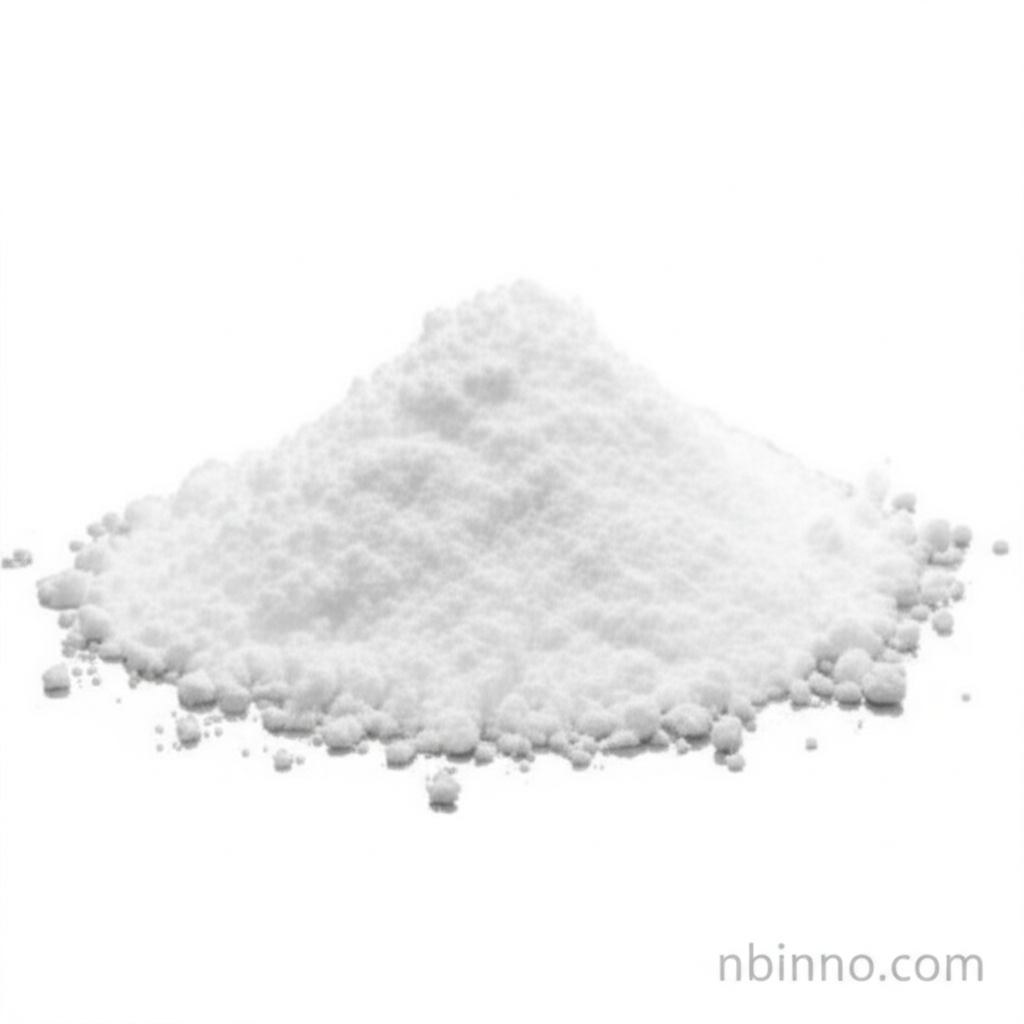Unlock Your Natural Glow: Understanding Melanotan II for Skin Tanning and Beyond
Discover the synthetic peptide that stimulates melanin production for tanning, but understand the crucial risks involved.
Get a Quote & SampleProduct Core Value

Melanotan II Peptide Powder
Melanotan II is a synthetic peptide hormone designed to stimulate the body's natural melanin production, leading to skin darkening and a tanned appearance. This process can help individuals achieve a desired tan with reduced sun exposure, offering a way to enhance skin pigmentation.
- Discover the benefits of increased melanin production for skin tanning, a key aspect of achieving your desired complexion.
- Understand the detailed side effects associated with Melanotan II use, including potential nausea and flushing, vital for informed decisions.
- Learn about the legality of Melanotan II and the concerns raised by health authorities regarding its unregulated status.
- Explore safer alternatives to Melanotan II for skin tanning, ensuring your health and well-being are prioritized.
Key Advantages
Enhanced Tanning Process
Melanotan II's ability to stimulate melanin production allows for a more rapid and pronounced tanning effect, even with minimal UV exposure, which is a core benefit for those seeking a bronzed look.
Mimics Natural Hormones
As a synthetic analogue of alpha-melanocyte-stimulating hormone (α-MSH), it works by mimicking natural bodily processes, though its synthetic nature requires careful consideration of potential impacts.
Potential for Reduced Sun Exposure
By aiding the tanning process, it may offer a way to achieve a tanned appearance without prolonged and potentially harmful exposure to the sun's UV rays.
Key Applications
Skin Tanning
The primary application of Melanotan II is to induce and deepen skin tan by stimulating melanin pigment production.
Cosmetic Enhancement
Individuals seeking cosmetic improvements to their skin tone and complexion often explore its use for achieving a desired bronzed look.
Potential for Erectile Dysfunction Treatment
Research has indicated potential effects on sexual arousal and function, though this is not its primary or approved use and carries significant risks.
Scientific Research
Its mechanism of action makes it a subject of study in understanding melanocortin receptor pathways and their influence on various physiological processes.
